We may earn money or products from the companies mentioned in this post. This means if you click on the link and purchase the item, I will receive a small commission at no extra cost to you ... you're just helping re-supply our family's travel fund.
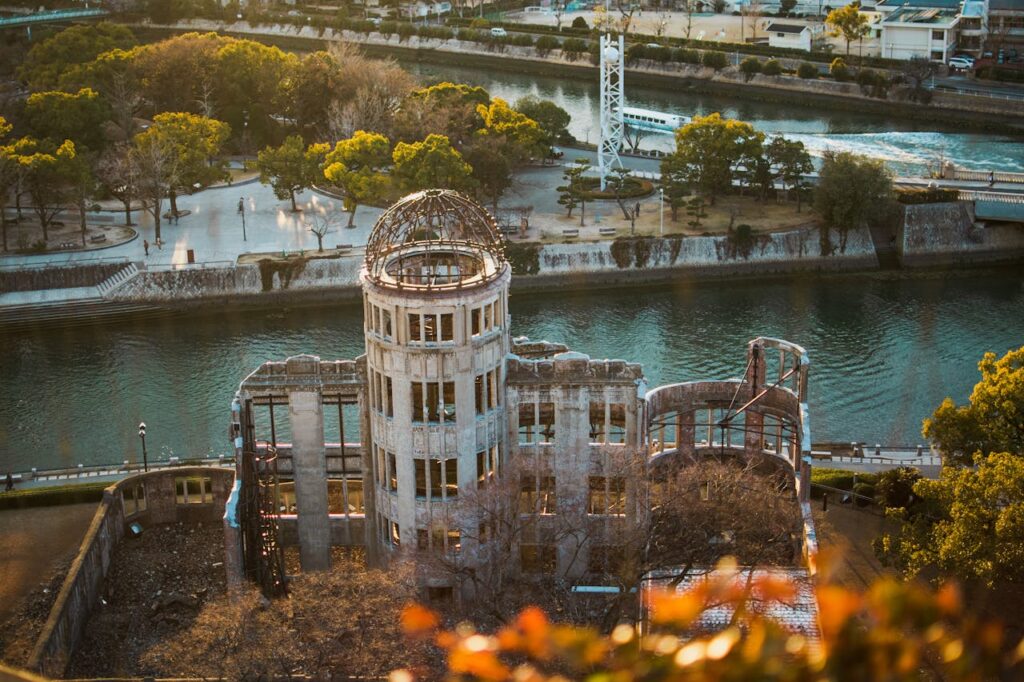
World War II left behind more than shattered cities and rewritten borders—it carved stories of resilience, tragedy, and silent courage into landscapes across the globe. Beyond the iconic beaches of Normandy and the ruins of concentration camps, lesser-known battlefields and historic sites remain etched with memory. These powerful places offer visitors the chance to connect with the past through preserved bunkers, sunken ships, secret annexes, and resistance headquarters. For those seeking a deeper understanding of the war’s scope, here are eleven remarkable yet often overlooked World War II locations that you can explore today.
1. Bletchley Park – Milton Keynes, England
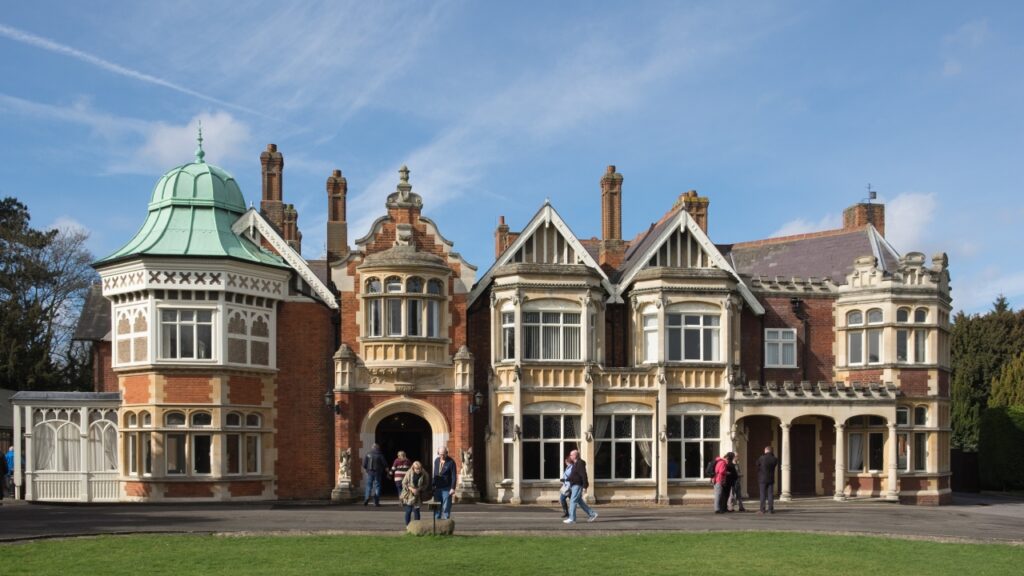
This quiet English estate transformed into Britain’s intelligence hub during World War II. Here, cryptographers like Alan Turing worked tirelessly to break the Nazi Enigma code, providing vital information to the Allied war effort. Visitors can explore restored huts, original decoding equipment, and interactive exhibitions that shed light on how secrecy and innovation shaped the outcome of the war. Bletchley Park isn’t a traditional battlefield—it’s where intellect and perseverance silently fought and won an invisible war.
2. Anne Frank House – Amsterdam, Netherlands
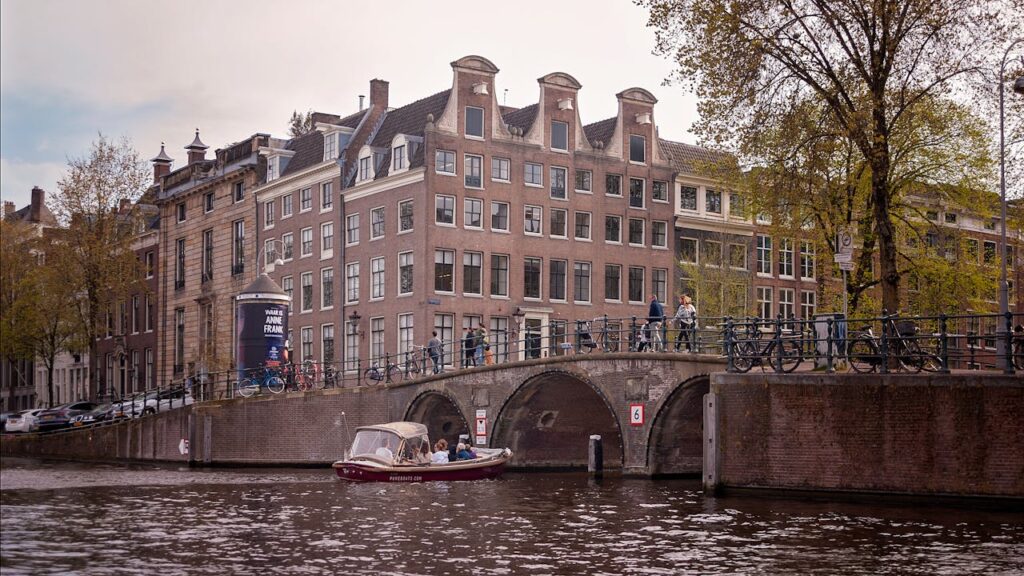
In a hidden annex behind a swinging bookcase, Anne Frank and seven others lived in silence for over two years. Visiting the Anne Frank House allows guests to step into the hauntingly preserved space where her iconic diary was written. Photographs, artifacts, and personal belongings help visitors comprehend the isolation and fear endured during Nazi occupation. While not a battlefield in the conventional sense, this site marks a powerful stand against dehumanization and intolerance, preserved with quiet reverence.
3. Hiroshima Peace Memorial – Hiroshima, Japan
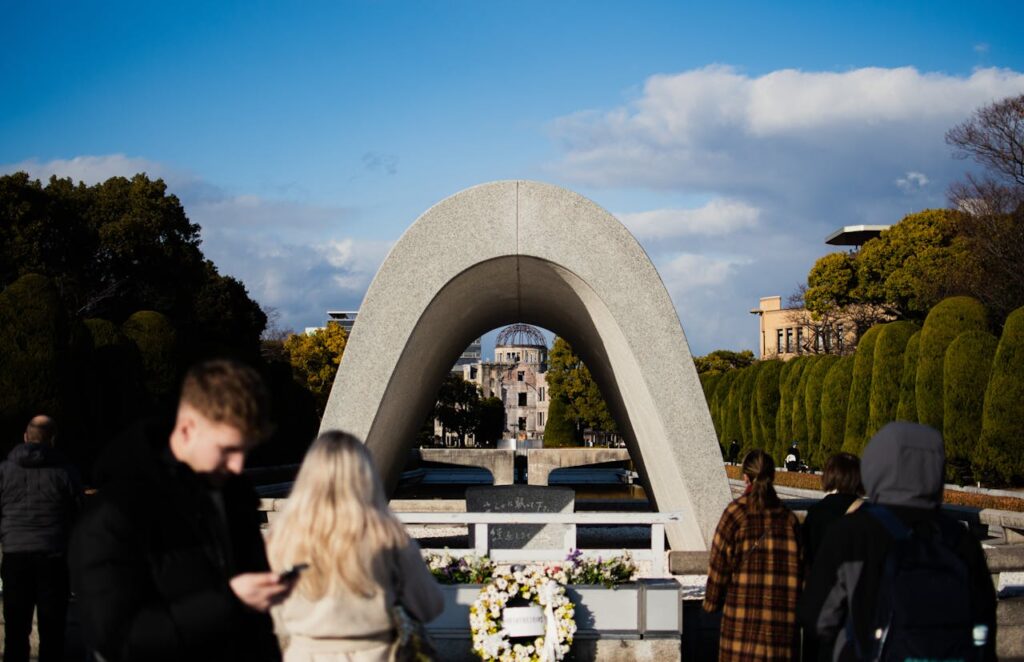
The skeletal dome of Hiroshima’s former Industrial Promotion Hall stands as the lone structure left near ground zero after the atomic bomb’s detonation. Now the centerpiece of Hiroshima Peace Memorial Park, the site honors lives lost and serves as a sobering reminder of nuclear warfare’s impact. Visitors walk past fountains, memorials, and exhibits documenting the city’s destruction and reconstruction. The museum’s powerful storytelling urges reflection, compassion, and the global pursuit of peace through remembrance.
4. Cabinet War Rooms – London, England
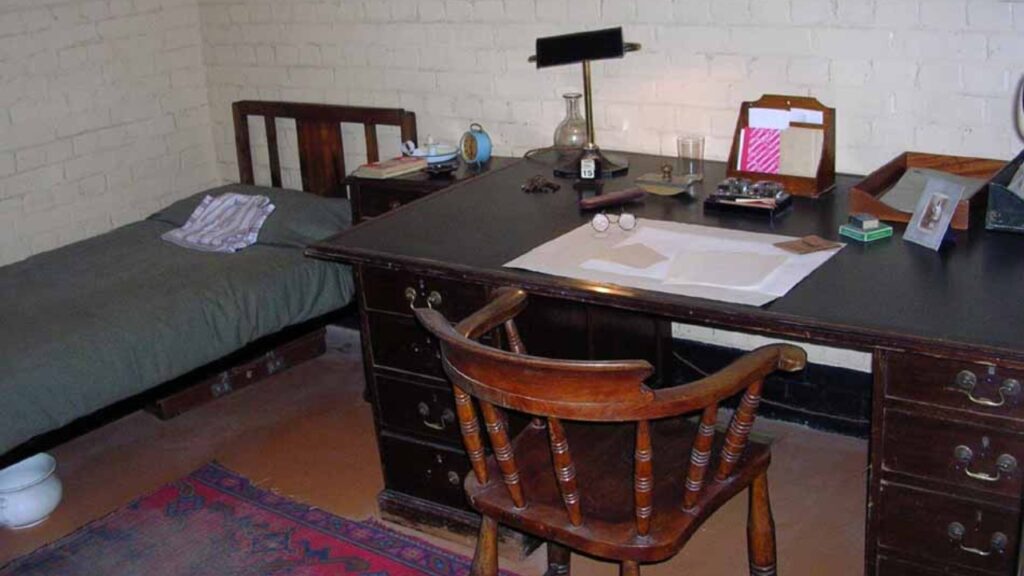
Beneath the bustling streets of Westminster lies an underground maze that once housed Britain’s wartime nerve center. The Cabinet War Rooms allowed Winston Churchill and his government to plan military operations while shielded from bombings. Visitors can explore preserved offices, maps, and living quarters, including Churchill’s own bedroom. The unaltered rooms offer a surreal sense of immediacy, making it one of the most immersive experiences for those interested in World War II leadership and logistics.
5. Holocaust Memorial – Berlin, Germany
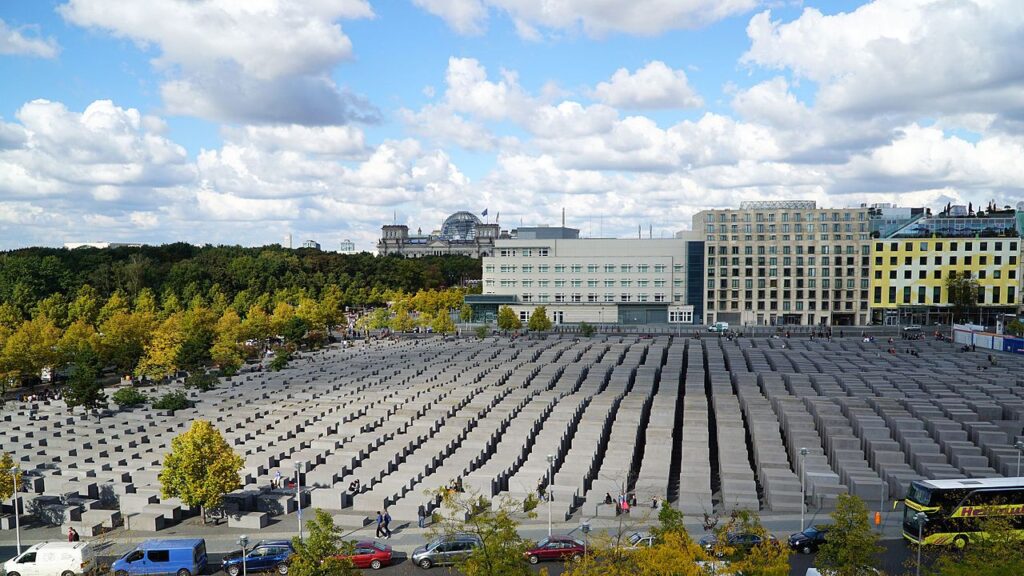
Berlin’s Memorial to the Murdered Jews of Europe is a somber, striking site dedicated to the victims of the Holocaust. Visitors navigate a labyrinth of 2,711 concrete slabs, evoking disorientation and introspection. Beneath the surface lies an information center chronicling individual stories and family histories lost to genocide. While not a combat zone, this is a battlefield of memory and truth—a monument demanding silence, thought, and the unwavering commitment to never forget.
6. HMS Belfast – London, England
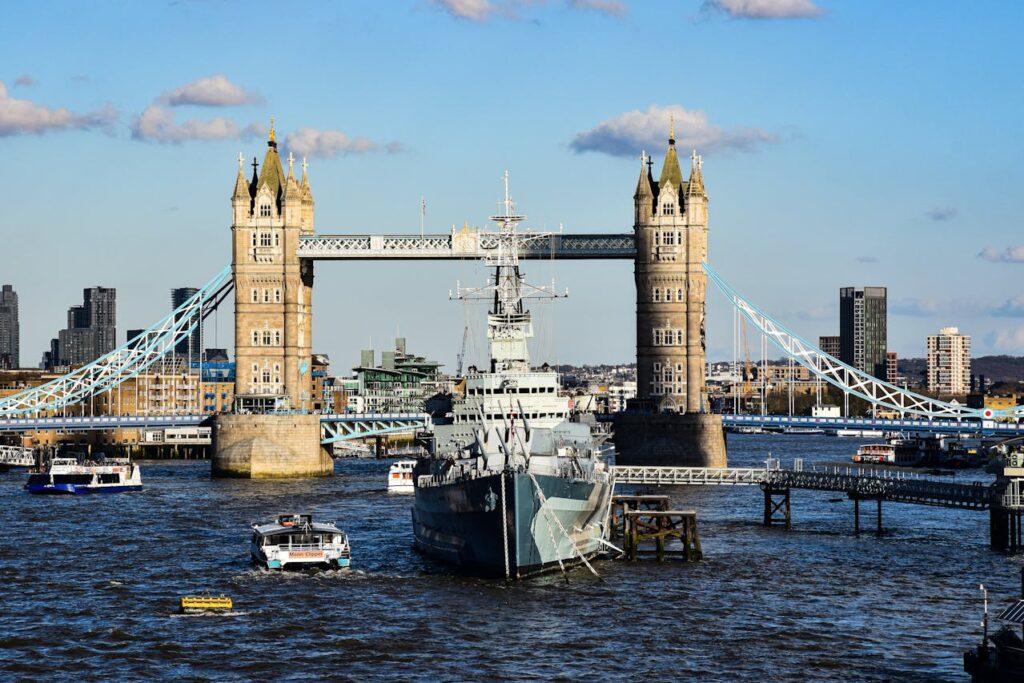
Moored on the River Thames, HMS Belfast is a surviving Royal Navy warship that saw action in some of World War II’s most pivotal moments, including the Normandy landings. Now operated by the Imperial War Museum, visitors can climb aboard and explore its preserved gun decks, living quarters, and command centers. Walking through the ship’s narrow corridors offers a visceral experience of life at sea during wartime, complete with immersive sounds and stories of battle.
7. World War II Valor in the Pacific – Oahu, Hawaii
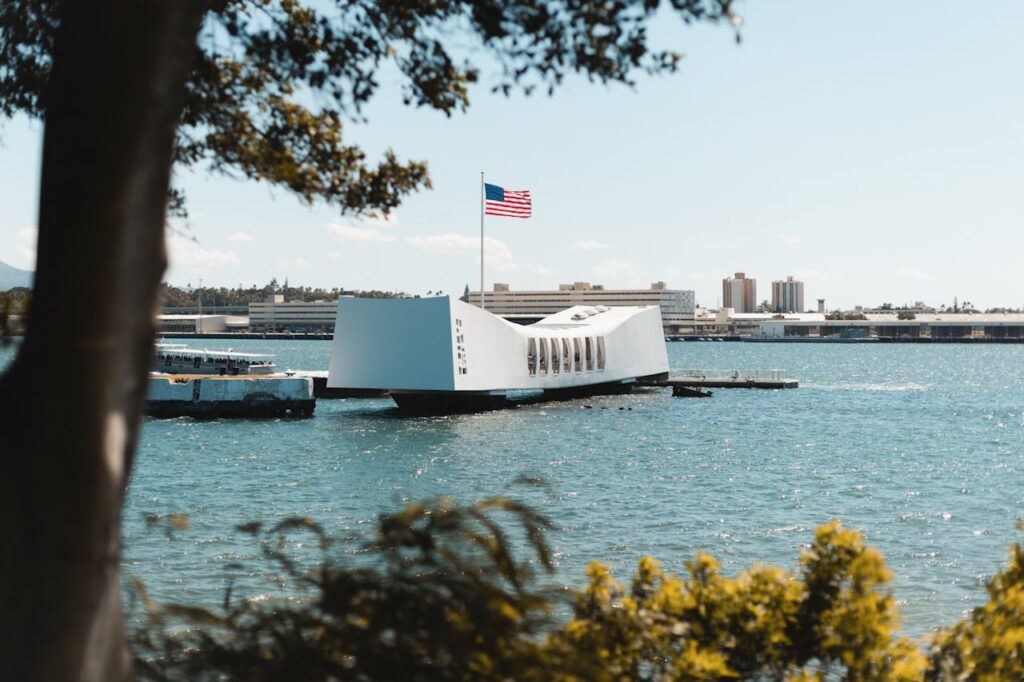
This national monument pays tribute to the events surrounding the attack on Pearl Harbor and the wider Pacific Theater. Sites include the haunting USS Arizona Memorial, the Battleship Missouri, and the Pacific Aviation Museum. Visitors experience audio guides, historic footage, and poignant memorials that highlight bravery, loss, and the turning point that drew the United States into global conflict. It’s a comprehensive and emotional deep dive into the war’s Pacific legacy.
8. Yad Vashem – Jerusalem, Israel
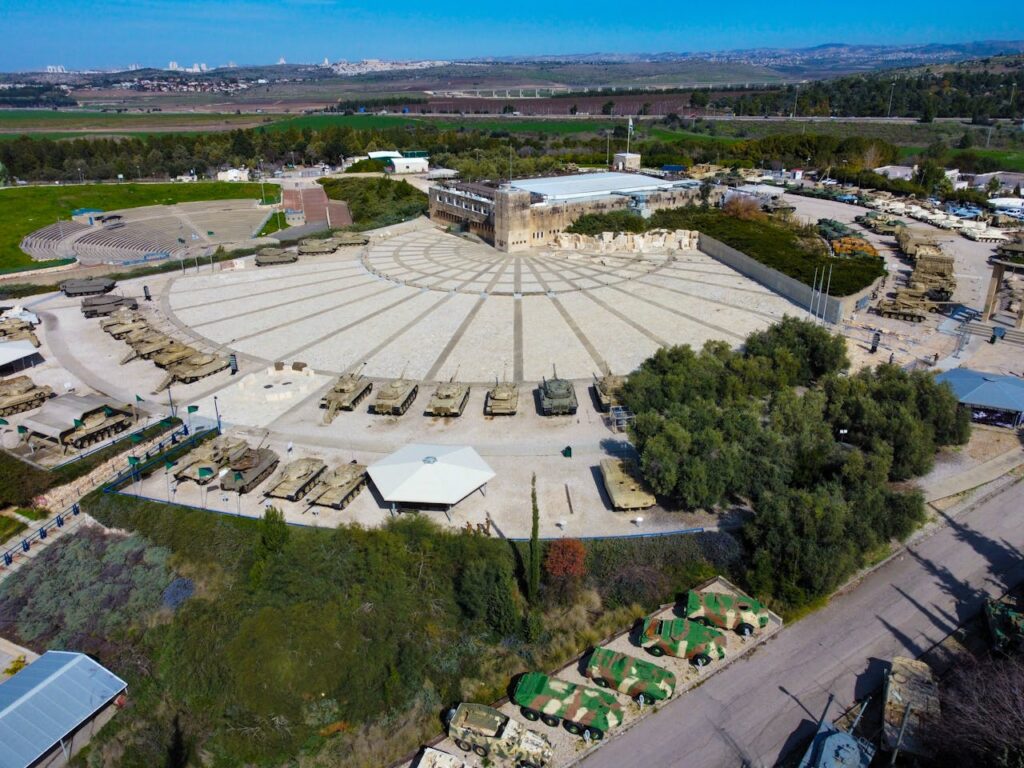
As Israel’s official Holocaust memorial, Yad Vashem documents the genocide of six million Jews through powerful exhibitions, recorded testimonies, and haunting personal artifacts. The site includes the Hall of Names, Children’s Memorial, and Avenue of the Righteous Among the Nations. More than just a museum, Yad Vashem is a global center for education, research, and remembrance. Visiting is an emotionally demanding yet essential act of witnessing and honoring those lost and those who resisted.
9. German Resistance Memorial Centre – Berlin, Germany
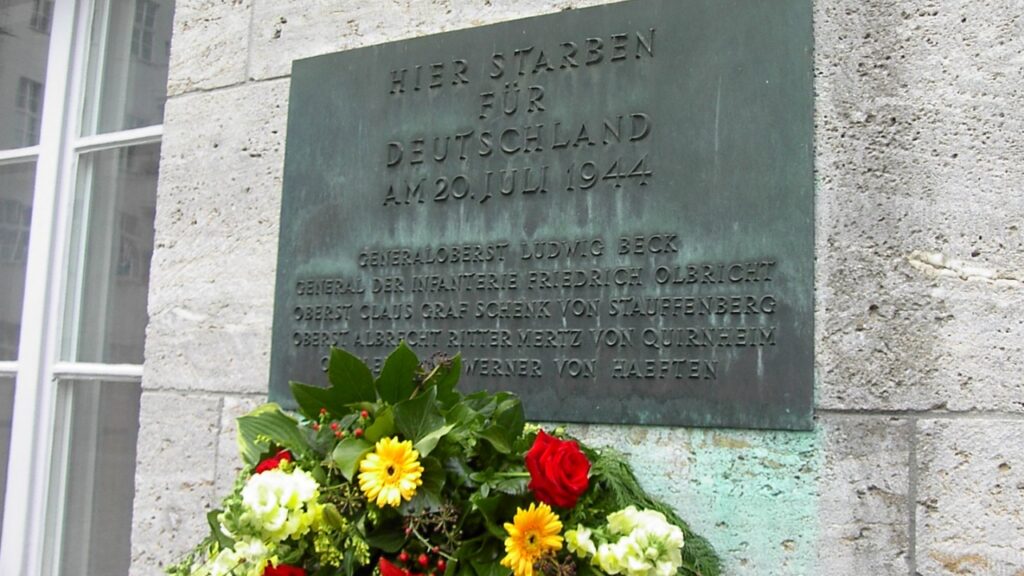
Housed in the former army headquarters where the failed July 20 plot to assassinate Hitler unfolded, this museum honors those who defied the Nazi regime. Visitors can explore exhibits about resistance movements, conspiracies, and courageous individuals like Claus von Stauffenberg. In the courtyard where conspirators were executed stands a statue of a bound man—an eternal symbol of defiance. The center invites reflection on moral courage in the face of tyranny.
10. Kranji War Memorial – Singapore

Kranji War Memorial honors the men and women who gave their lives defending Singapore and Southeast Asia from Japanese invasion. With over 24,000 names inscribed on its walls and rows of immaculate white headstones, the memorial is both solemn and serene. Its architectural design represents the three military branches—air, sea, and land—through its unique shapes. Visitors can pay their respects while taking in sweeping views of the region that once bore witness to fierce resistance.
11. Westerplatte Peninsula – Gdańsk, Poland
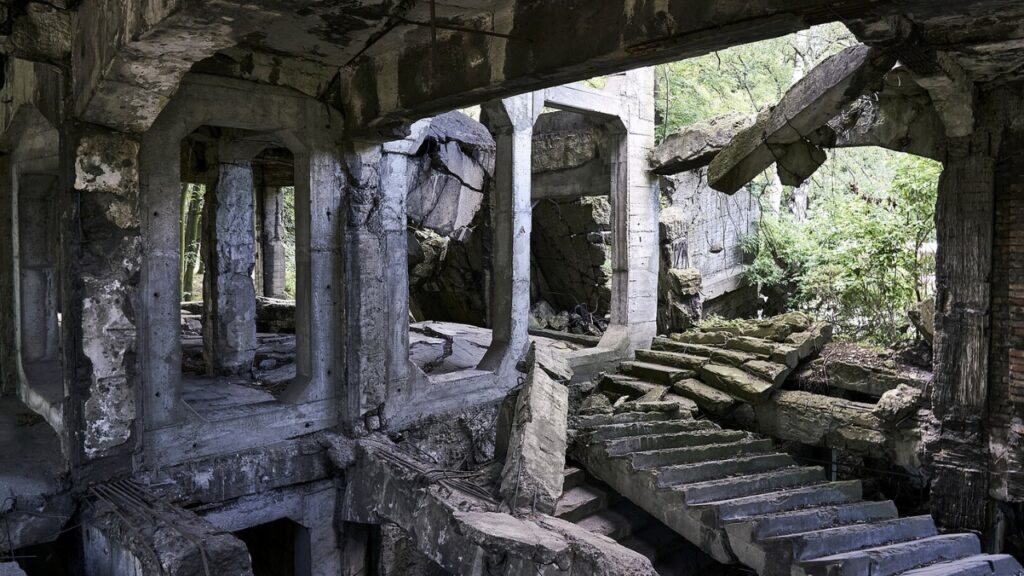
Often overshadowed by larger battlefields, the Westerplatte Peninsula is where World War II officially began. On September 1, 1939, German forces attacked this Polish outpost, triggering the first battle of the war. Despite being outnumbered, Polish troops held the peninsula for seven days in a heroic defense. Today, visitors can explore ruins of the guardhouses, military bunkers, and a towering monument dedicated to the defenders. Surrounded by forest and sea, Westerplatte offers a powerful reminder of how courage often emerges in the earliest moments of darkness.